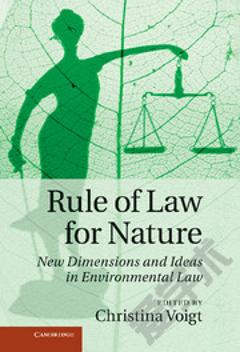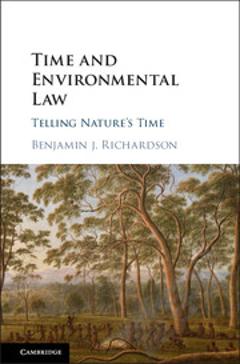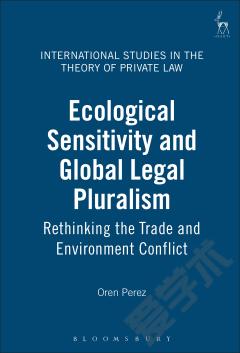Environmental Law and Contrasting Ideas of Nature: A Constructivist Approach
Law's ideas of nature appear in different doctrinal and institutional settings, historical periods, and political dialogues. Nature underlies every behavior, contract, or form of wealth, and in this broad sense influences every instance of market transaction or governmental intervention. Recognizing that law has embedded discrete constructions of nature helps in understanding how humans value their relationship with nature. This book offers a scholarly examination of the manner in which nature is constructed through law, both in the 'hard' sense of directly regulating human activities that impact nature, and in the 'soft' manner in which law's ideas of nature influence and are influenced by behaviors, values, and priorities. Traditional accounts of the intersection between law and nature generally focus on environmental laws that protect wilderness. This book will build on the constructivist observation that when considered as a culturally contingent concept, 'nature' is a self-perpetuating and self-reinforcing social creation.
{{comment.content}}








 京公网安备 11010802027623号
京公网安备 11010802027623号